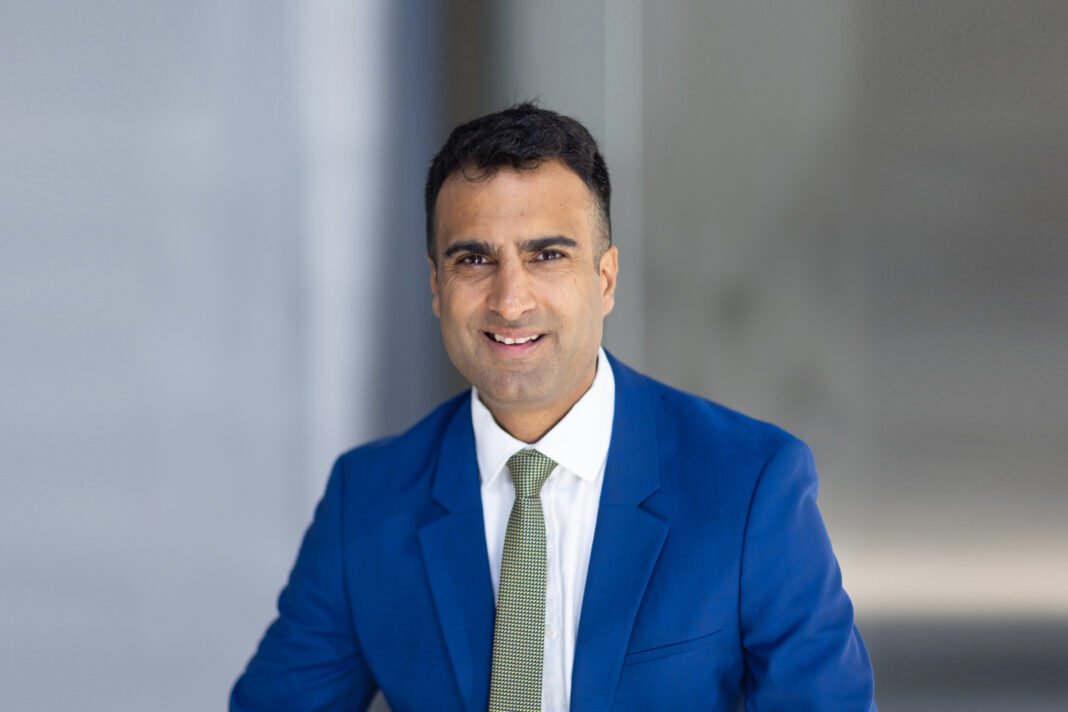Qatar wealth management trends reveal a significant shift as investors demand more agility and technology in their financial services. These changing Qatar investment management patterns emphasize increasing client demands for tailored guidance and the use of AI to enhance wealth planning successfully.
According to recent research, more than half of GCC investors have increased their meetings with advisors due to market fluctuations. This rise aligns with the broader Qatar wealth management trends where clients seek a deeper understanding of how financial decisions impact their overall financial health. Consequently, wealth managers must deliver holistic solutions beyond portfolio allocation.
Furthermore, investor loyalty is changing in line with Qatar wealth management trends. Many clients plan to work with multiple wealth managers, reflecting rising multihoming behavior. Nearly 50 percent of investors want to diversify their relationships with providers, indicating fragmented trust and loyalty. Wealth managers must adapt to these shifting Qatar wealth management trends to maintain their client base.
Investors increasingly favor alternative investments, which form a key part of shifting wealth strategies in Qatar. Nearly 69 percent have already committed funds to these assets. To stay competitive, wealth firms must broaden their product range to satisfy this rising interest.
The growing influence of artificial intelligence in financial planning reflects a major shift in Qatar’s investment landscape. Compared to global peers, Qatari investors show greater confidence in AI-driven tools. Around 71 percent expect AI features in their wealth services, particularly among mass affluent groups. However, concerns about data security and the reliability of AI insights remain.
To strengthen client trust, wealth advisors must explain AI’s advantages and data protections clearly. Highlighting responsible AI use, following regulations, and showing how technology enhances—not replaces—human guidance are vital parts of today’s evolving wealth practices in Qatar.
Additionally, current financial advisory shifts in Qatar show a strong push for clarity and customized fee models. While percentage-based fees on assets under management remain relatively accepted, clients show less interest in fixed or subscription pricing. Updating pricing approaches will better match evolving client needs.
Finally, concerns about undisclosed charges have declined, aligning with changing wealth advisory patterns in Qatar. Over 90 percent of clients now believe service fees are fair, increasing trust and satisfaction. This positive shift shows how firms respond to investor expectations.
In summary, Qatar wealth management trends show rapid transformation driven by agility, technology, and transparency. Firms embracing these changes position themselves strongly in a competitive market.





